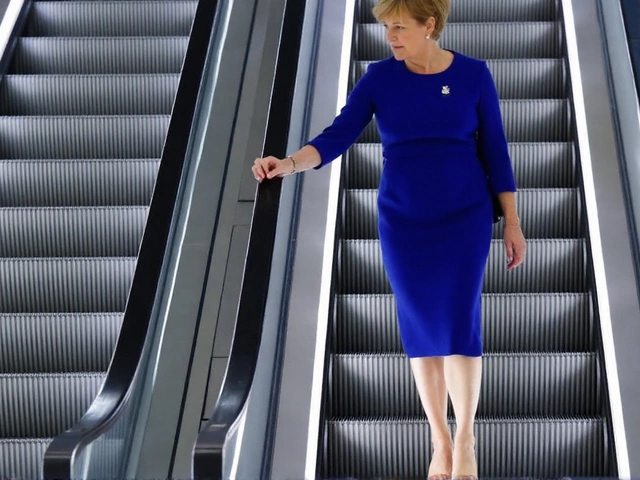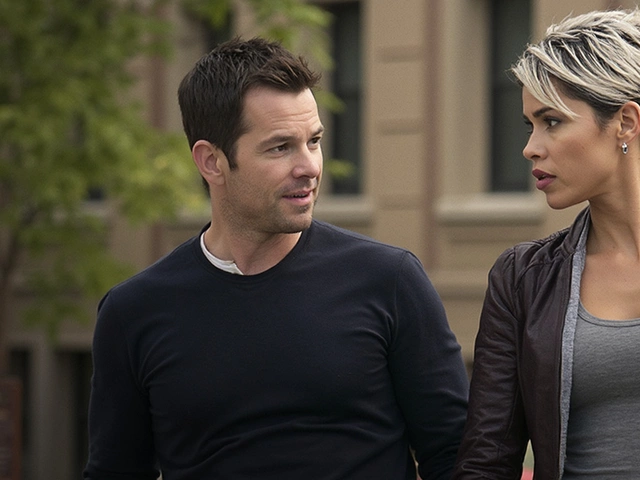Car Buying Advice: Fees You Should Refuse to Pay
Did you know many dealers tack on extra charges that add up to a few thousand pounds? Most of those fees aren’t required by law, and you can often walk away with them. Knowing what to question can save you a lot of cash before you even sign the contract.
Common fees that can be contested
Documentation fee. This is the charge for processing paperwork. Dealers set it at whatever they want, and it’s rarely itemised. Ask for a zero‑fee or a transparent breakdown and you’ll often see it drop.
Advertising fee. Some showrooms claim a local advertising surcharge. The cost of a billboard or a Facebook ad is already covered in the vehicle’s price tag. If the fee appears, push back and ask to have it removed.
Dealer preparation/"dealer prep" fee. This covers cleaning and inspection. In most cases the car arrives already cleaned, so the fee is just padding. Walk in prepared to say no.
Undercoating and fabric protection. These sound like useful add‑ons, but you can buy similar products yourself for less. If the dealer insists, request a discount or decline the service outright.
Extended warranty. While peace of mind is nice, warranties are optional and often overpriced. Compare the dealer’s offer with third‑party plans before you agree.
VIN etching, rust‑proofing, and paint protection. These are marketed as “must‑haves,” yet they are not required for safety or registration. Ask for a clear price and decide if you really need them.
All of these items appear on the buyer’s order form. The key is to ask for an itemised list and then start chopping away anything that doesn’t make sense for you.
How to negotiate and get an itemised list
First, request the full breakdown before you sit down to discuss price. A reputable dealer will hand it over without hesitation. If they’re vague, say you need the specifics in writing before you continue.
Second, compare that list with at least two other local dealers. When you see the same car priced lower elsewhere, you have leverage to ask the original dealer to match or beat the price, excluding the unwanted fees.
Third, be ready to say “no” confidently. Practice a simple line: “I’m not paying for the undercoating – I’ll handle that myself.” Most salespeople will either drop the charge or offer a discount on the overall price.
Fourth, bring your own options when possible. For example, bring a trusted shop for rust‑proofing or a fabric protector you already own. That removes the dealer’s excuse to charge you extra.
Finally, keep the conversation calm and focused on numbers. When you stay on topic and avoid emotional bargaining, the dealer is more likely to comply with your requests.
By demanding an itemised list, comparing offers, and refusing the non‑essential add‑ons, you walk away with a fair price and no surprise charges. Remember: if a fee feels unnecessary, it probably is. Ask, negotiate, and keep more money in your pocket for the things that truly matter – like the joy of driving your new car.

When buying a new car, it is important to be aware of fees that can be avoided. These fees include documentation fees, advertising fees, and fees associated with undercoating and fabric protection. It is also important to compare the dealer's fees to those of other dealers and to negotiate the best price. It is also wise to be aware of fees associated with extended warranties and other services that may be available. Finally, buyers should always ask for an itemized list of all costs. By refusing to pay unnecessary fees, buyers can save money and get the most out of their purchase.
Continue Reading





